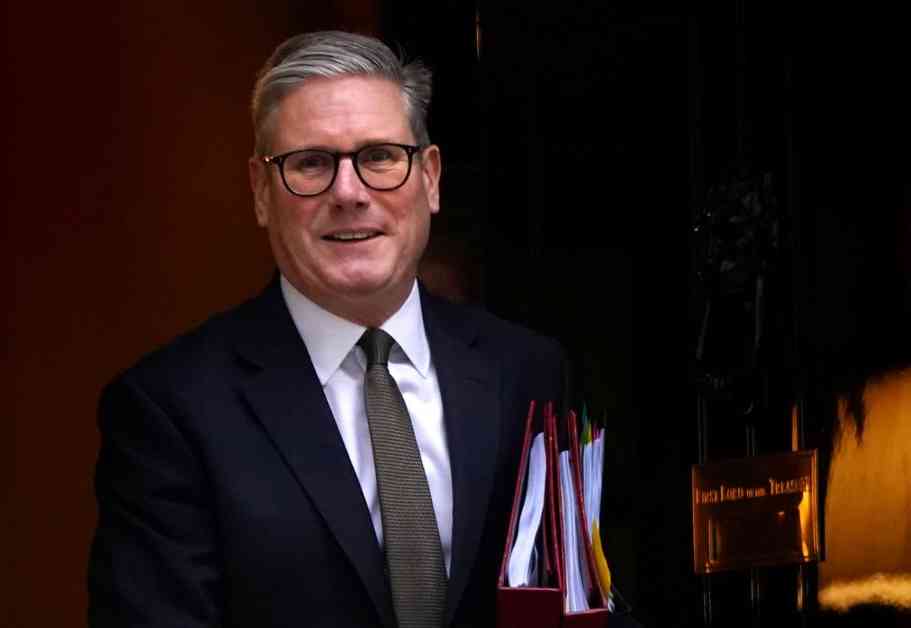Former MP Andrea Jenkyns has left the Conservative Party and joined the Reform Party, led by Nigel Farage. This move is seen as a significant blow to the Tories, as Jenkyns was considered an influential figure within the party. At a press conference in London, Jenkyns expressed her decision by stating, “Today I have joined the party of the brave.”
Additionally, the Reform Party has announced a substantial increase in membership numbers, with over 100,000 members currently, up from around 15,000 a year ago. Reform UK chairman Zia Yusuf highlighted the party’s momentum and trajectory, emphasizing the importance of growth and support.
This shift in political allegiance comes at a time when the Conservative Party is facing criticism over immigration policies. Nigel Farage, leader of Reform UK, has vowed to tackle illegal immigration by potentially leaving the European Convention on Human Rights. Farage argues that reducing the influx of low-skilled workers will benefit the overall population by improving economic conditions.
In response to these developments, Labour has accused the Conservatives of being the “open borders party,” citing the significant increase in net migration during their time in power. The Labour Party claims to be addressing the immigration issue by increasing resources for asylum caseworkers and enhancing border security measures.
Furthermore, former Health Secretary Matt Hancock has voiced his support for assisted dying legislation after a personal experience with a constituent suffering from terminal cancer. Hancock’s advocacy for changing the law reflects a growing conversation around end-of-life care and individual autonomy.
As the political landscape continues to evolve, with defections, policy debates, and shifting priorities, the decision of public figures like Andrea Jenkyns to switch parties underscores the complexity of party politics and the importance of individual convictions. The rise of parties like Reform UK signals a desire for alternative approaches to governance and policy-making, challenging traditional party lines and ideologies.












